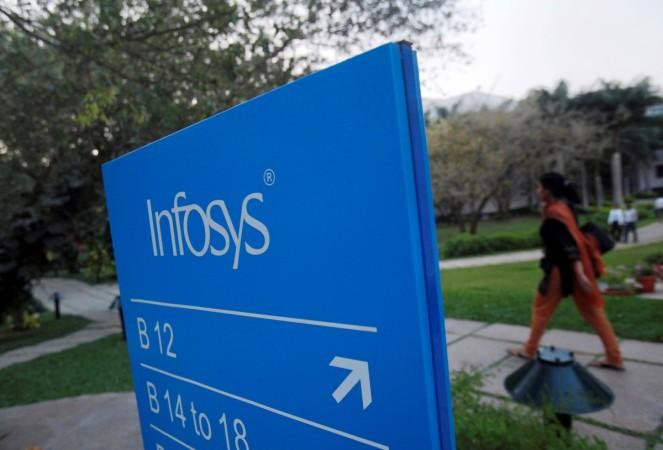
To stay competitive in the industry, India's second largest software exporter Infosys Ltd is considering cost reduction measures without hindering investments in new services, financial daily Business Standard (BS) reported on Monday.
"We believe that we have to remain competitive. For that, we have to look at our cost structures, especially in the traditional services. We have zeroed in on 4-5 indicators," said M D Ranganath, chief financial officer, Infosys.
Of late, most software services companies have seen a decline in demand for traditional technology services, primarily due to clients shifting to automation of services and greater digitisation of processes.
"All these cost optimisation measures, deployed in the past two years, were not at the cost of growth. We do not want these to be a hindrance to our growth, including investments in new services," BS quoted Ranganath as saying.
The uncertain geopolitical environment in the US and European markets have added to the woes of Indian firms like Infosys, Tata Consultancy Services (TCS) and Wipro.
However, the company has said that it will continue to hire around 6,000 engineers annually over the next couple of years. "We continue to recruit. This year that just concluded we had a net addition of 6,000 and we expect similar kind of additions over the next one or two years, depending on the kind of growth you see in the market," said U B Pravin Rao, Infosys's interim Chief Executive Officer (CEO) and Managing Director (MD).
Infosys said that when software services deals are getting smaller and outcome-based, the firm has maintained industry-leading growth, primarily due to "strong operational efficiencies," the business daily reported.
As on June 30, the Bengaluru-based IT services firm reported 30.1 percent onsite employee effort against an overall utilisation of 80.2 percent.
"Broadly, clients are trying to reduce spend on keeping the lights on what is called as run the business. They are trying to repurpose spends in newer areas and that trend started two years ago. Whenever any deal comes for renewal, they clearly expect 30-40 per cent reduction in the life term of the deal... we are also internally investing on tools and trying to meet client expectations without compromising on the margin," BS quoted Rao as saying.














